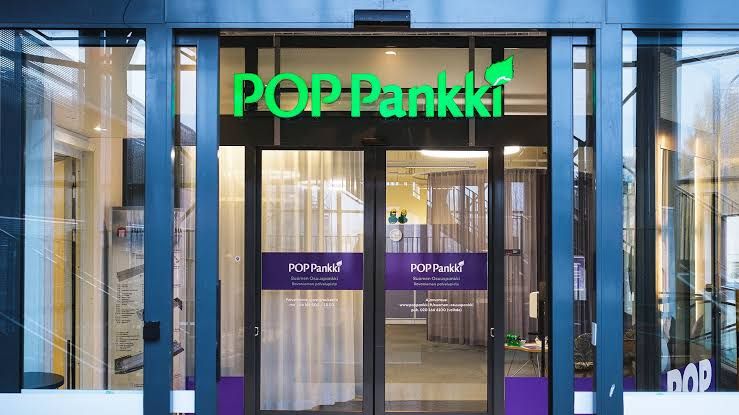The Two-faced Pekkas: A Tale of Finnish Banks and Russian Oligarchs
In a startling revelation, it was reported that a regional cooperative bank in Southwest Finland, Suupohjan Osuuspankki, permitted Russian-Finnish oligarch Boris Rotenberg to extract his company's funds in cash just before the European Union (EU) sanctions took effect in 2022. Rotenberg, a close associate of Russian President Vladimir

In a startling revelation, it was reported that a regional cooperative bank in Southwest Finland, Suupohjan Osuuspankki, permitted Russian-Finnish oligarch Boris Rotenberg to extract his company's funds in cash just before the European Union (EU) sanctions took effect in 2022. Rotenberg, a close associate of Russian President Vladimir Putin and a Finnish citizen since 2002, comes from the affluent Rotenberg family of Russian oligarchs.
Despite the compliance officer’s recommendation against it, the bank enabled Rotenberg to withdraw his funds after the oligarch pledged not to transfer them to Russia or Belarus. The promise was made in April 2022, four days before the EU imposed sanctions against him. This revelation raises eyebrows, as it implies the bank may have facilitated Rotenberg in averting the impact of the sanctions.
The saga of having Rotenberg as a client had previously stirred problems for the bank, as he has been on the US sanctions list since Russia's annexation of Crimea from Ukraine in 2014. It also exposed the bank to potential sanction risks due to their business association with a Putin confidant.
This year, Yle's MOT investigative journalism team reported that Rotenberg had violated EU sanction rules by not declaring assets in Finland. Finnish authorities had seized two villas owned by Rotenberg last autumn, part of over 80 million euros worth of assets owned by Russians subject to EU sanctions.
Both Timo Kalliomäki, the CEO of Suupohjan Osuuspankki at the time, and Jaakko Pulli, CEO of POP, refrained from commenting on the specific case. They, however, asserted that the banks always strictly adhere to all regulations.
Pekka Vasara, the head of the Financial Supervisory Authority's money laundering unit, also sidestepped commenting on the case but acknowledged that situations of transferring funds just before a person or entity is added to the sanctions list can be contentious.
The questionable act of the Finnish bank, Suupohjan Osuuspankki, in allowing Rotenberg to withdraw funds right before the EU sanctions came into effect, highlights an aspect of duplicity within the Finnish banking system. It triggers pressing questions about the integrity of the banking sector's commitment to uphold sanctions and the possible complicity in facilitating sanctioned oligarchs to safeguard their wealth.
This incident may just be the tip of the iceberg and hints at a deeper, murkier relationship between the Finnish banking system and Russian oligarchs. The true extent of this relationship and its implications for the international financial system are yet to be fully understood.




